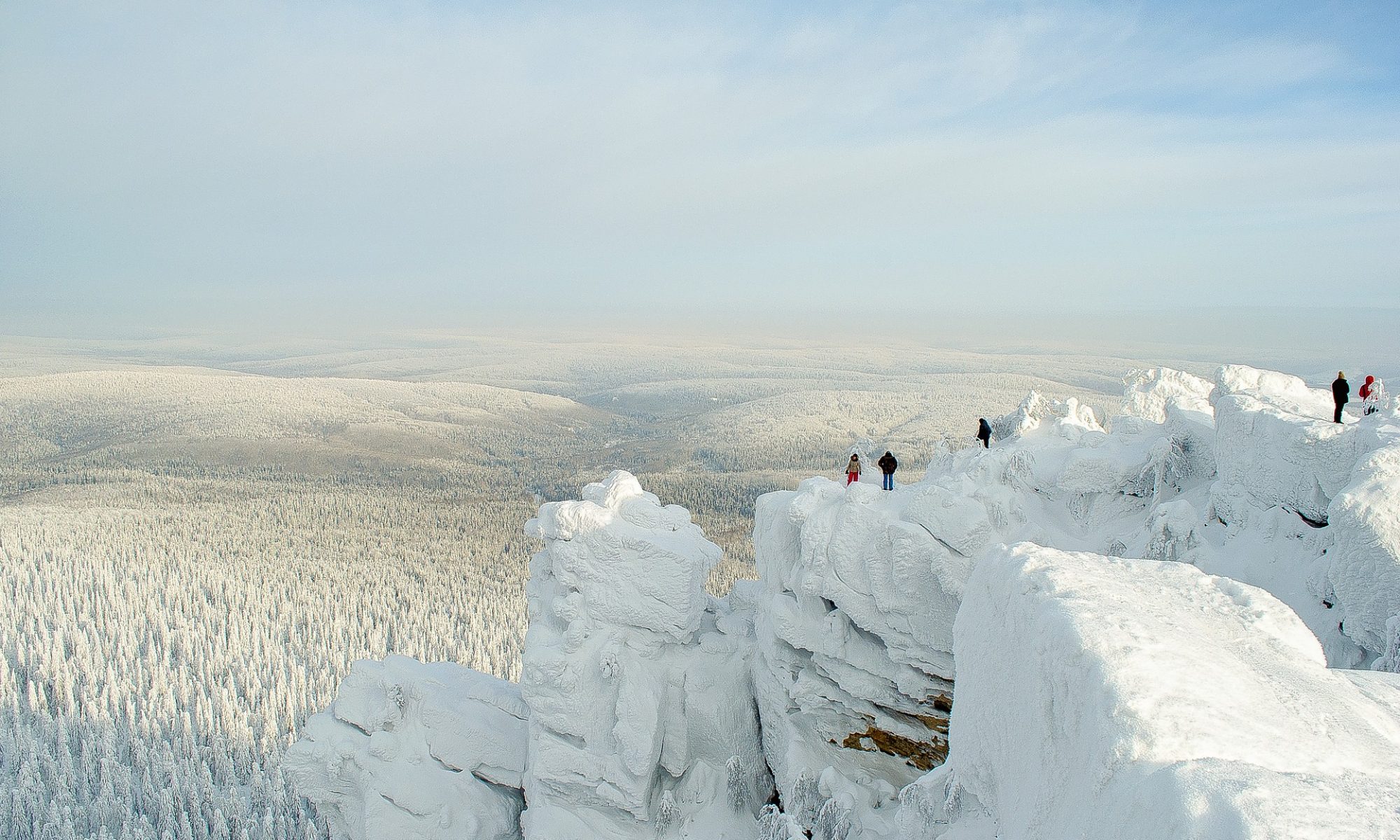Assessing Intermediary Expertise in Cross-Border Arctic Energy Development, 2015-2018
We are interested in Arctic Energy Futures, as energy is a top policy priority across the Arctic
states. In Russia, our context of focus, Arctic is seen as a central natural resource base. Our
topical focus is twofold: we concentrate on energy inequality, i.e. how resource riches are
distributed and how vulnerable communities are (un)protected; and how renewables could
promote socioeconomic development.
Intermediaries in the Arctic are important, and our study reveals what happens at the interfaces between the public and the private, the regulator and the regulated. Intermediaries can be public, private, and civil society organizations, groups or individual actors. Arctic remoteness from the main centres of decision-making, finance and consumption highlights the role of intermediaries as in-between actors in energy governance. Thus, are intermediaries then good or bad cops? First, they bridge actors and interests, facilitate project implementation,
support and monitor rule enforcement, and provide specialized knowledge and expertise. Second, they lobby for their own goals, distort competition, and engage in regulatory capture.
Our case-studies empirically analyze the forms, role, functions and effects of intermediaries in the changing Arctic energy landscape. The sectors we scrutinize are Arctic shipping and port development, and policymaking on bioenergy and renewables.
In Arctic maritime issues we focus on marine underwriters, which are intermediaries in Arctic shipping who interpret and facilitate regulation, and ports that are nodes of logistics and transport integration, clusters of economic activity, and space of intermediation between public and private interests. We ask whether insurers use the long-awaited Polar Code as a new ‘tool box’, and examine the links between port and energy development projects, i.e. whose interests are realized in the current policy environment? We conclude at this point that, first, there is a ‘Polar Code paradox’: while the new regime formalized response to risks in Arctic shipping, underwriters are not fully familiar with it and continue the old practices, incl. case-by-case approach, and speculative premium fixing. Second, whether the Port of Sabetta, in the Yamal Peninsula, can develop from an LNG (liquefied natural gas) terminal into a multifunctional port depends on the alignment of interests for development of adequate inland connections, enduring political (strategic) support, and the (favorable) climate change dynamics.
Concerning bioenergy and renewables policies, we look at how replacing coal-burning boilers with the ones burning biomass could reduce importing costs and improve local energy security and efficiency in remote subarctic Russian towns. Despite the fact that the importance of renewables has been emphasized in the Russian energy policy at the federal and local levels during the last ten years, we problematize why the local governments are not efficient actors in the area, and thereby identify broader policy priorities by focusing on the sources of legitimization. We conclude that despite of the fact that technical and financial actors are
stronger proponents for renewables than civil or environmental activists and NGOs in the Northern Russian setting, modernizing heating plants to use renewables has been slow, because the outlined plans address only a part of the issue, ignoring the surrounding structures, such as outdated infrastructure, distorted markets, and
lack of intermediaries.
Project researchers:
Sanna Kopra
Hanna Lempinen
Hilma Salonen
Veli-Pekka Tynkkynen
More information:
Academy of Finland
Posts about the events and publication related to this project can be accessed via the hashtag ARKTIKO.
